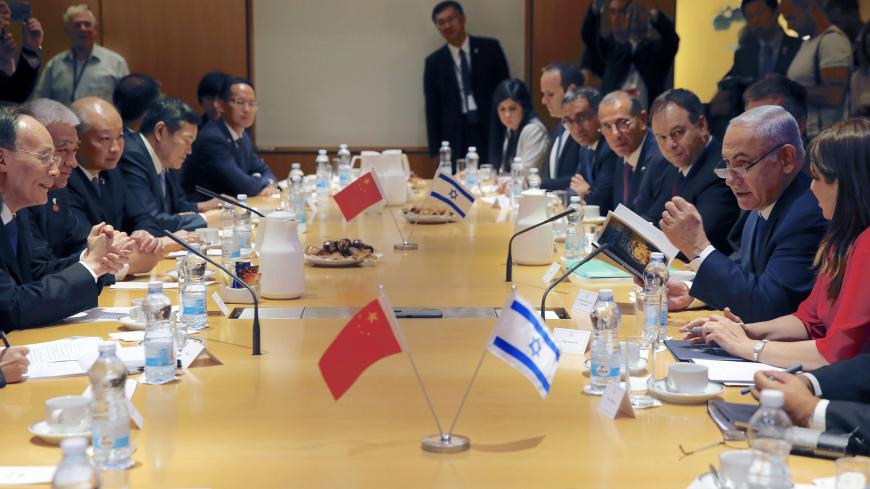Israelis have not yet seen an increase in coronavirus testing in any significant way despite repeated promises from Prime Minister Benjamin Netanyahu and the heads of Israel's health care system. Testing certainly hasn’t reached the numbers that the prime minister spoke about only three weeks ago, when he aimed for 20,000 and as many as 30,000 tests a day.
Apparently, Netanyahu was basing his numbers on the expectation that Israel would begin cooperating with the Chinese firm BGI by early April. BGI and its subsidiaries together comprise the largest DNA and genetics company in the world. The problem is that the road to real cooperation with the Chinese behemoth was strewn with obstacles. Chief among them was sharp criticism from senior figures in the defense establishment and specialists in Israel and around the world, who expressed concerns that cooperation of this kind would require exposing sensitive Israeli databases to the Chinese corporation.



